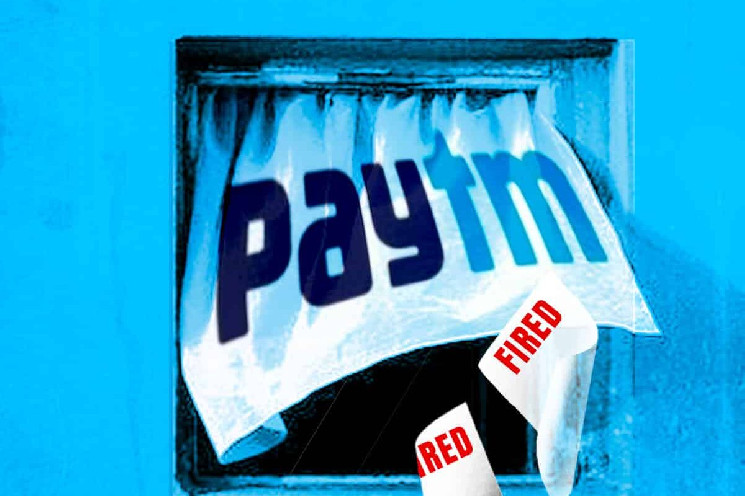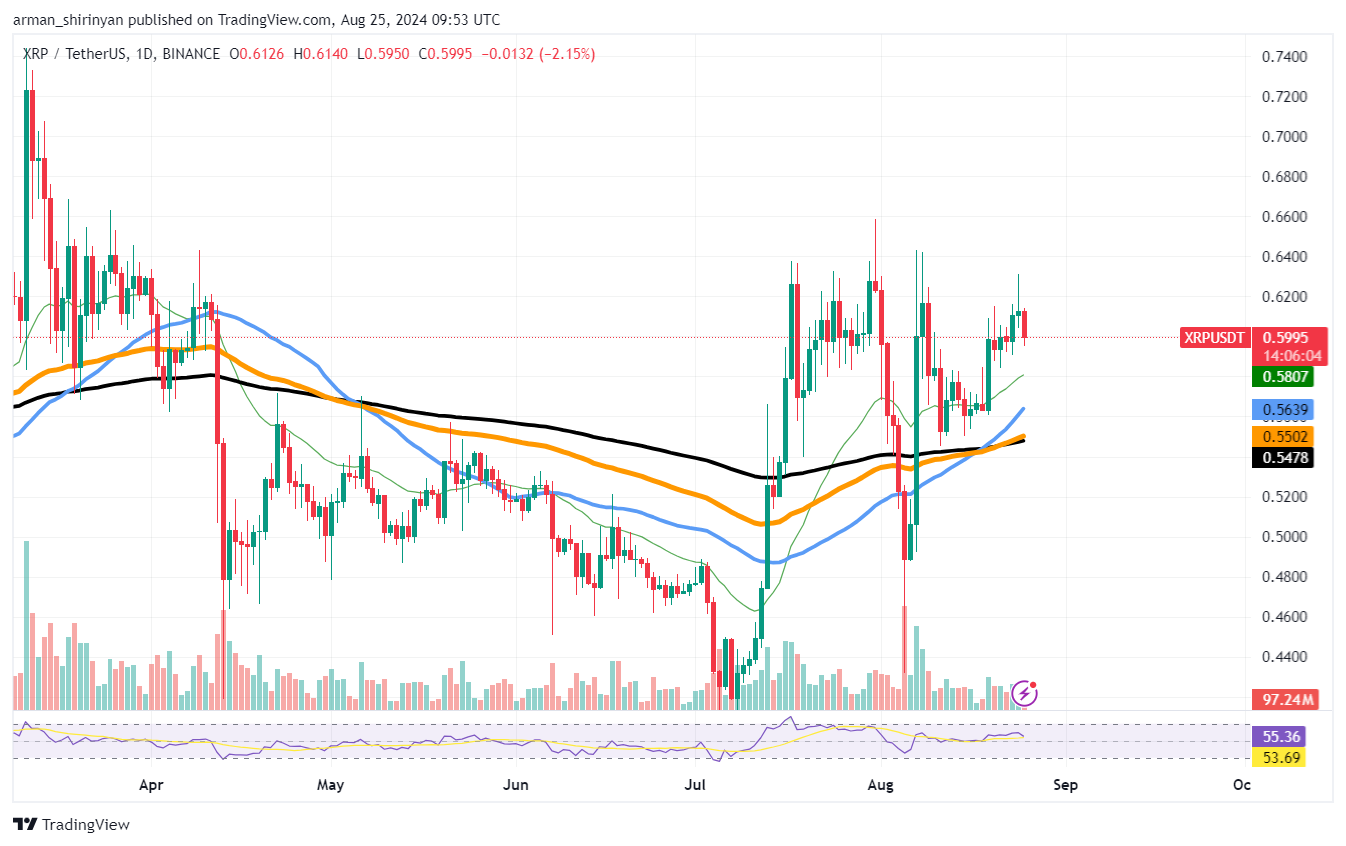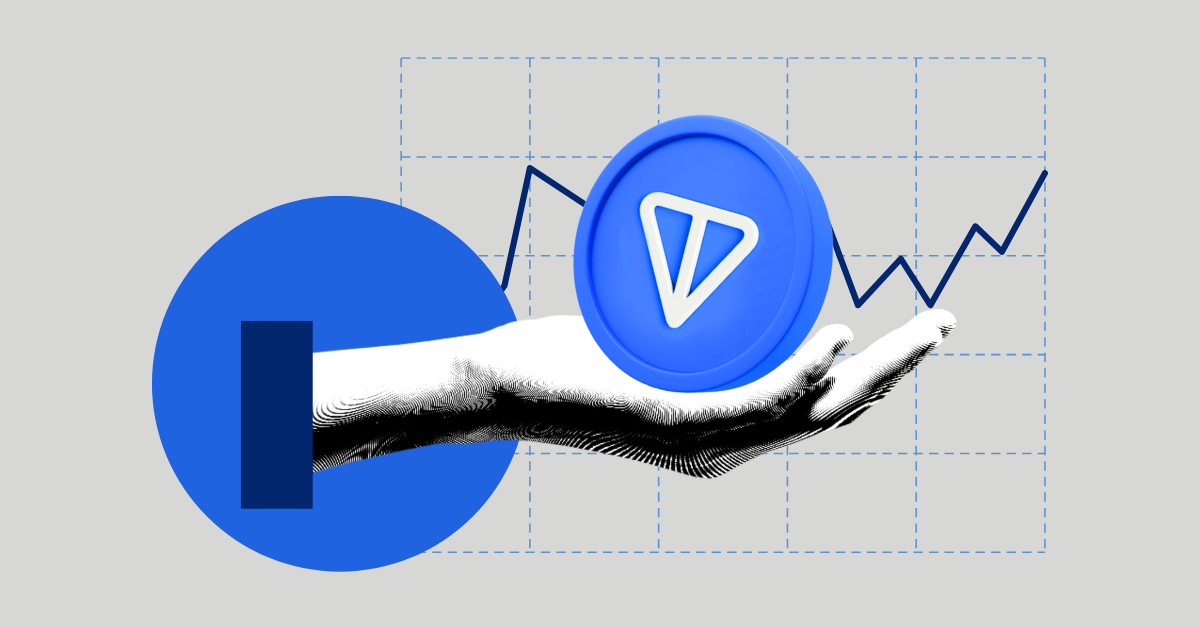Paytm RBI Ban: One97 Communications, the parent company of Paytm, is contemplating a shift to operate the digital payments app as a third-party payment app (TPAP). The move is taken to ensure uninterrupted access to the Unified Payments Interface (UPI) for its users, according to sources cited by The Economic Times.
Experts earlier claimed that Paytm Payments Bank’s misclassification as a bank app, which is actually a TPAP owned by One97 Communications.
What Changes Would Ensure If Paytm Claims TPAP Status?
In response to regulatory directives from the Reserve Bank of India (RBI), Paytm plans to transition its payment service to a third-party app model. It will necessitate changes in virtual payment addresses (VPAs) for its users. Currently, Paytm UPI users have VPAs ending in @paytm, but starting from March 1, these VPAs may be associated with other banks.
Moreover, to facilitate this transition, Paytm is in discussions with several banks, including HDFC Bank, Axis Bank, and Yes Bank, to issue new VPAs to its customers. Additionally, Paytm Payments Bank (PPBL) is exploring the transfer of nodal accounts of Paytm merchants to other lenders, pending further clarification from the regulator.
This strategic move brings Paytm in line with other TPAPs operating on the UPI platform, such as PhonePe, Google Pay, and Amazon Pay. Notably, competitors like PhonePe have experienced a notable increase in their user base following the RBI’s notice to Paytm.
Meanwhile, it’s important to note that crypto investors who relied on Paytm Payments Bank for making investments can be relieved as the TPAP status could help in ensuring successful UPI payments. Hence, they might not have to look for other digital payment options as Paytm UPI would perform seamlessly.
Also Read: End Of The American Empire? Robert Kiyosaki Deems Bitcoin As Savior Amid Debt Crisis
Regulatory Scrutiny By RBI
However, transitioning to a third-party payment app status presents various challenges, including coordination among banks, the National Payments Corporation of India (NPCI), and Paytm. Furthermore, backend processes for customers differ from those required for merchants, necessitating seamless collaboration to ensure a smooth transition.
One concern is Paytm’s reliance on the technology infrastructure of third-party lenders, which could face stress during high payment volumes. Despite efforts by One97 Communications founder and CEO Vijay Shekhar Sharma, including engagements with RBI officials and the finance minister, no extension or relaxation of regulatory directives has been granted.
The regulatory scrutiny over Paytm stems from concerns related to irregularities in know-your-customer (KYC) norms, compliance issues, and instances of related party transactions. Moreover, the RBI’s intervention follows revelations of non-compliant accounts and questionable transactions involving significant sums of money.
As per data from the National Payments Corporation of India (NPCI), Paytm Payments Bank led UPI transactions in December 2023 with about 324.50 crore transactions. However, the RBI’s directives to halt certain transactions after February 29 have raised concerns about the bank’s future viability.
Also Read: Pro-XRP Lawyer Takes A Jibe At SEC Chair Gary Gensler After Ripple CLO’s Fury







